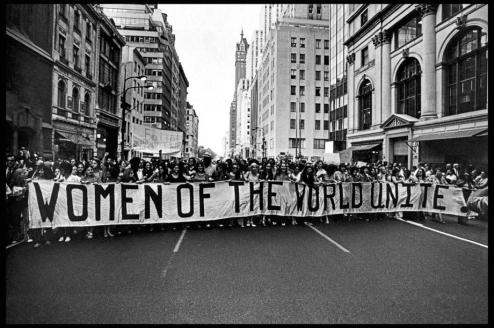Here is my BLOX for “lightness”
Notes:
- Picture of statue: As quoted from its Wikipedia entry: “‘The Negress is a bronze sculpture by French artist Jean-Baptiste Carpeaux. It is now in the permanent collection at the Indianapolis Museum of Art. The Negress portrays a woman who is the personification of the continent of Africa. Carpeaux wanted to use her to emphasize the horrors of slavery, creating the piece 3 years after the Civil War of the United States had ended and twenty years after it was banned in France.” I chose to use this statue in my BLOX because not only is it representative of Africa, but it also alludes to the female black slave. As you can see by the chains wrapped around her body, freedom has been denied to her. In my BLOX, her eyesight is directly focused on Africa in the earth image that is the central focus of my BLOX. This conveys a sense of belonging but also a great deal of distance and pain, judging by how far away (in outer space) she is from her homeland.
- Golden necklace: Represents the wealth and privilege of the white class that has a hold of earth. The planet hangs on gold and wealth, literally and figuratively.
- Birds flying away from earth: These birds help to convey “lightness” on a literal scale; however, the “lightness” applied to the verbal texture of the novel is also represented here. The birds represent Hetty “Handful” and her mother’s spirits attempting to fly over Africa, but they are redirected away from earth after being denied access to their ancestral homeland. “Lightness” manifests here in the form of transcendence from the body that occurs when Hetty’s mother tells her tales about people flying freely back in Africa. Furthermore, the body of the birds are formed by a snapshot of the center of this very same BLOX simply to give it an ethereal feel and a deeper meaning. The birds carry earth with them, which is something to think about.
- Use of transparency: Transparency can be observed in the birds. It creates a spectral effect that shows us that a spiritual event is occurring. My interpretation of the human spirit (or soul) is that it is not in the least bit opaque.




